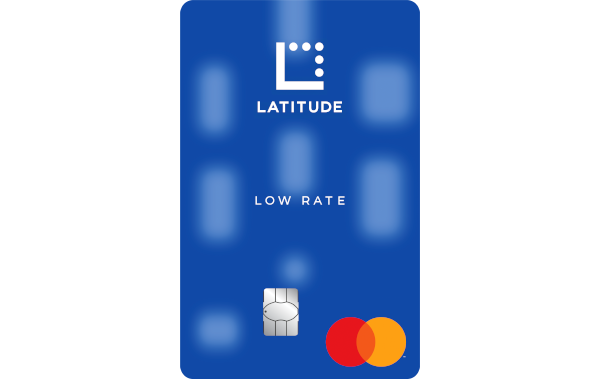- Home
- Credit Cards
- Temporary Residents

Credit cards for temporary residents
Working or studying in Australia, or just visiting? Compare credit cards and learn more about they could help you pay for expenses and build your credit score.
40+ credit card providers in RateCity’s database
130+ credit card products in RateCity’s database
Updated on
Did you find this page helpful?
^Words such as "top", "best", "cheapest" or "lowest" are not a recommendation or rating of products. This page compares a range of products from selected providers and not all products or providers are included in the comparison. There is no such thing as a 'one- size-fits-all' financial product. The best loan, credit card, superannuation account or bank account for you might not be the best choice for someone else. Before selecting any financial product you should read the fine print carefully, including the product disclosure statement, target market determination fact sheet or terms and conditions document and obtain professional financial advice on whether a product is right for you and your finances.










































